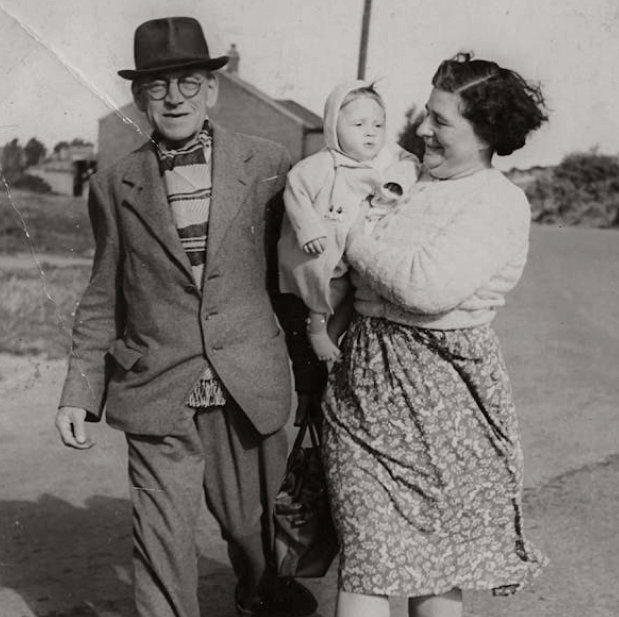
Organizing Your Genealogy Research
Organizing your genealogy research involves systematically gathering and categorizing historical records and family documents to trace your ancestry. Begin by creating a structured filing system, either digital or physical, to store birth, marriage, and death certificates, census records, and family photos. Use genealogy software or online platforms to create detailed family trees, documenting sources and notes for each individual. Regularly update your records and back up your data to ensure its preservation. Keeping a research log can help track your progress and prevent duplication of efforts. With an organized approach, your genealogical research will be more efficient and insightful.

journey of tracing family history
mbarking on the journey of tracing your family history can be both exhilarating and overwhelming. With the plethora of resources available and the vast amount of data to sift through, it's essential to stay organized to ensure a smooth and enjoyable research process. Here are some tips to help you keep your genealogy research well-ordered and efficient.
"Journey of Genealogy Research"
he journey of genealogy research is a captivating adventure that takes you through the annals of history, uncovering the stories and connections that make up your family's past. Whether you're just starting or have been researching for years, staying organized is key to a rewarding and efficient exploration. Here are some essential tips to help you navigate this journey effectively.
- Community Histories
- Historical Context
- Genealogical Records
- Family Stories
- Photographs and Memorabilia
- Social and Cultural Influences
- Ethical Considerations
- Migration Patterns
Develop a consistent filing system for both physical and digital records. Use binders, folders, or filing cabinets for hard copies, and create well-organized folders on your computer. Clearly label everything with names, dates, and places for easy retrieval.Invest in genealogy software to track your family tree and related data. Programs like Ancestry, Family Tree Maker, and RootsMagic help you store, organize, and analyze information efficiently. Maintain a detailed research log to record your findings, sources, and progress. Note where you searched, what you found (or didn’t find), and any new leads to avoid duplicating efforts and track your progress over time.
Meticulously cite your sources. Record the source of each piece of information, whether it’s a birth certificate, census record, or family story. Proper citations lend credibility to your research and make verification easier later.Use a consistent naming convention for files and records, such as “Lastname_Firstname_Year” for document titles. This consistency helps you locate files quickly and avoid confusion.




Add Comment